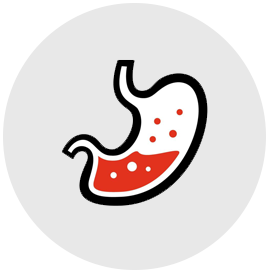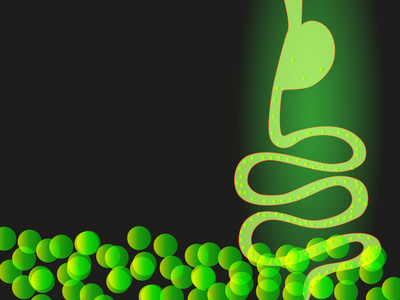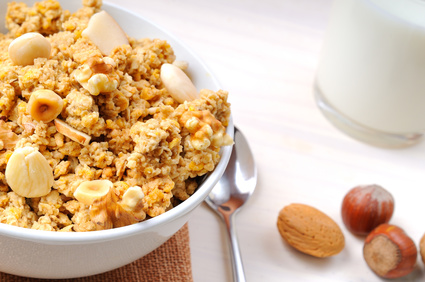Integrative Gastroenterology in West Orange, NJ
Specialty Areas

Recognition of food components that induce functional gut symptoms in patient ’ s functional bowel disorders (FBD) has been challenging. Food directly or indirectly provides considerable afferent input into the enteric nervous system. There is an altered relationship between the afferent input and perception / efferent response in FBD. Defi ning the nature of food-related stimuli may provide a means…

SIBO – Small Intestinal Bacteria Overgrowth Hydrogen breath test to diagnose several conditions that cause gastrointestinal symptoms. Gastrocure in West Orange, NJ performs the lactulose breath test to measure hydrogen in the breath. Please call Gastrocure at (973)736-1112 to schedule your test today. The Lactulose Breath Test What is the hydrogen breath test? The hydrogen breath test is a test…

Our integrative and state of the art approach to medicine will accurately diagnose inflammatory bowel disease only after ruling out other possible causes for your signs and symptoms.
An Functional GI Approach to Gastroenterology
MAKE AN APPOINTMENT
At Gastrocure, our mission is to provide expert, personalized Functional GI gastroenterology care in a comfortable and compassionate environment.
What our patients say
Testimonials
Colonoscopy & Surgery
Frequently Asked Questions
Bowel preparation for colonoscopy refers to the laxatives taken before the procedure to clean the colon of fecal debris. A colonoscope is a long, flexible tube with a television camera on the tip. The camera can’t see through fecal debris. So any fecal debris left in the colon could obscure identification of a polyp or even a small cancer.
Several studies have shown that fewer small and large polyps are detected in patients with less-than-optimal bowel preparation. And poor preparation has several potential consequences during the procedure itself.
First, your colonoscopy may last longer because the doctor will need to take time to clear out debris.
Second, your doctor may lack confidence that the colon lining was seen adequately and may ask you to return for a subsequent screening earlier than would be otherwise recommended – say 1 year, rather than 5 or 10 years. This will subject you to increased costs and risk.
Finally, if the preparation is very poor, the doctor may have to stop the procedure entirely, and you will need to reschedule.
First, ask if the doctor recommends what is called split-dosing. Split-dosing refers to taking half the laxative prescription the night before colonoscopy, and the other half on the day of the procedure, usually about four to five hours before the procedure is scheduled. Several studies have shown that split-dosing significantly improves the quality of the preparation for colonoscopy.
In the past, it was common for doctors to have patients take all the prescription the night before colonoscopy. This effectively cleaned out the fecal debris, but left the potential for a different problem that can develop when the time between the end of the preparation process and the start of the colonoscopy is prolonged. Thick mucus and intestinal secretions empty out of the small intestine during that interval and stick to the first parts of the colon.
Some doctors tell patients to stop taking aspirin, which has blood-thinning properties, 7 to 10 days before the procedure, reasoning that if a polyp is removed you’ll be less likely to bleed from that site. The evidence that aspirin causes bleeding from polypectomy sites is weak, and the American Society for Gastrointestinal Endoscopy says you don’t need to stop taking it before a colonoscopy, regardless of whether a polyp is removed. If you’re on aspirin for a good reason like a prior heart attack or stroke, it’s better to continue taking it.










